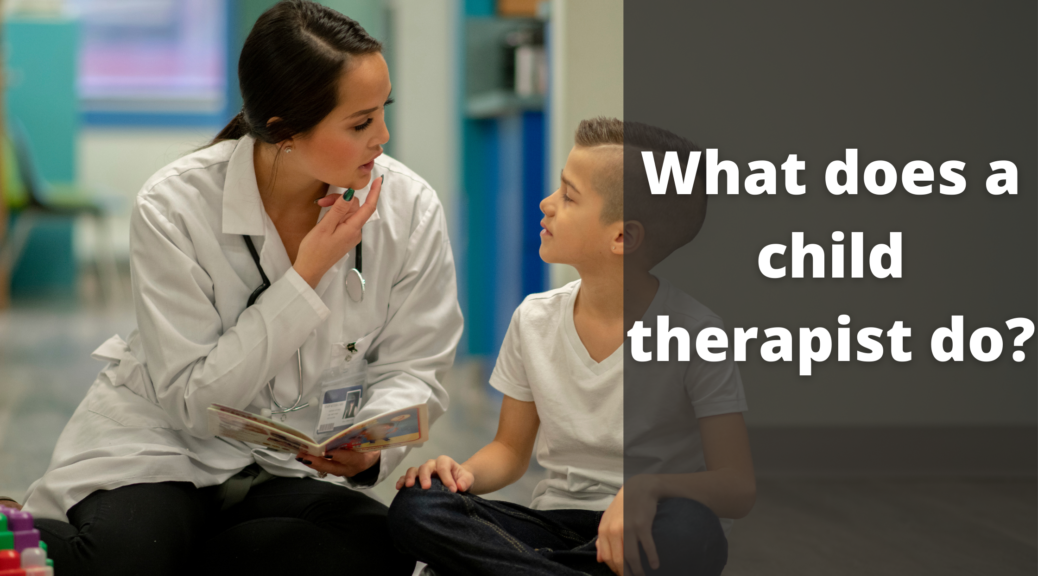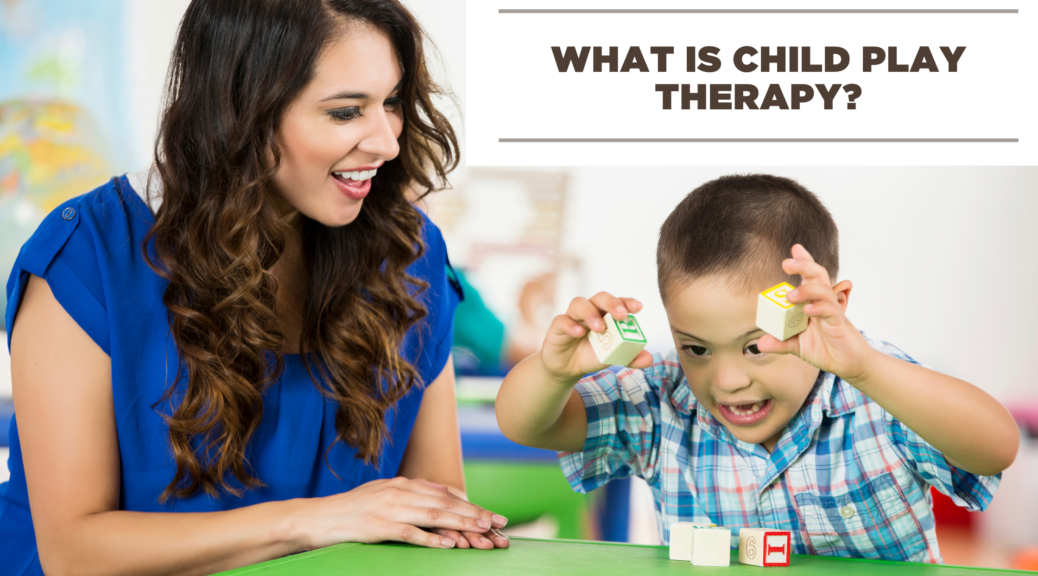Many children and teens have problems that affect how they feel, act, or learn. Therapy is a type of treatment for these problems. It is a way to get help for your child.
Child therapy or child psychology refers to the treatment of a wide range of issues and disorders that affect children and their families. Psychologists who work primarily with children administer tests, conduct research, and engage in therapy sessions with individuals, families, and groups. Child psychologists work in private practices, schools, hospitals, and government agencies. They have the ultimate goal of coordinating the care and recovery of children with these disorders.
What Does A Child Therapist Do?
Child therapists use language and play to observe, assess, help, and treat children and young people who are experiencing behavioral, emotional, social, and psychological difficulties.
Child therapists work with children and young people who are affected by mental health problems such as depression, aggression, phobias, anxiety, physical/psychosomatic disorders, learning difficulties, and behavioral problems. They support and coordinate their work with others involved with the child or adolescent. Through various techniques and approaches (eg. encouraging and/or engaging in play, drawing, talking, and writing), the child psychotherapist works to help the young person understand and verbalize their feelings – and, hopefully, to overcome or alleviate their psychological problems.
Services a child therapist provides
Child therapists or child counselors may provide service to children and adolescents in these ways:
- Work to get young clients to an emotionally and mentally stable frame of mind
- Provide specialized help in areas such as ADHD, abuse, or depression
- Treat a wide range of mental and emotional illnesses or disorders
- Use play therapy with games and toys to reveal the feelings and emotions of children
- Offer individual counseling that encourages talk therapy to explore how children are coping with past issues and work through current distressful challenges
- Facilitate family counseling with parents or guardians of a child client and communicate ways the caregivers or other significant relatives can better help with the child’s recovery process
What Happens in Therapy?
At first, the therapist will meet with you and your child to talk. They will ask questions and listen. This helps them learn more about your child and about the problem. The therapist will tell you how they can help.
After that, your child will go to more therapy visits. At these visits, your child might:
Talk:
Talking is a healthy way to express feelings. When kids put feelings into words instead of actions, they can act their best. When someone listens and knows how they feel, kids are more ready to learn.
Do activities.
Therapists use activities to teach about feelings and coping skills. They may have kids draw or play as a way to learn. They may teach mindfulness and calm breathing as a way to lower stress.
Practice new skills.
Therapists help kids practice what they learn. They might play games where kids need to wait their turn, use self-control, be patient, follow directions, listen, share, try again, or deal with losing.
Solve problems.
With older kids and teens, therapists ask how problems affect them at home, at school. They talk about how to solve these problems.
Conclusion
As adults, when we have emotional issues or mental health problems, we are often able to recognize that something is out of sorts; sometimes, we are even able to share our emotions with others. But with children – particularly those who are very young – this may not be possible. It is then more effective to use play, a medium that comes very naturally to the child, to explore their issues.
A child therapist who has had special training in child therapy/ child psychology can conduct a therapy session with the kid to help them overcome their situation. If you’d like to find a professional for child’s therapy, you can get in touch with The Center for Connection.





